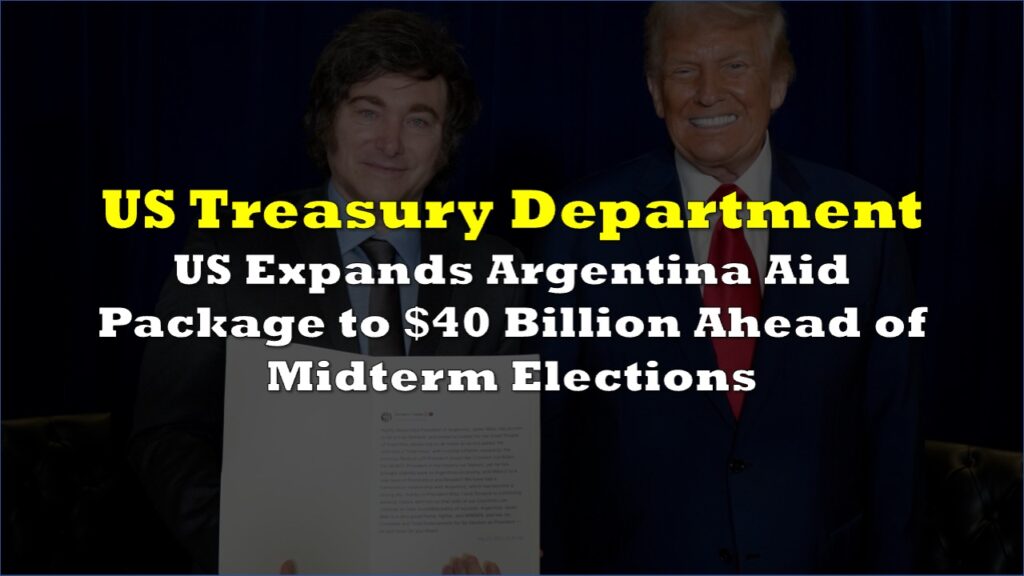Treasury Secretary Scott Bessent defended a Republican tax proposal that could impose escalating penalties on foreign investors, arguing the Biden administration “chose to outsource American sovereignty on tax matters” by participating in international tax coordination efforts.
Testifying before the House Ways and Means Committee last week, Bessent said the so-called “One Big Beautiful Bill” would prevent “hundreds of billions of dollars” in corporate tax payments from flowing to foreign governments rather than the US Treasury.
The previous administration chose to outsource American sovereignty on tax matters, and the Trump administration believes that is unacceptable.
— Treasury Secretary Scott Bessent (@SecScottBessent) June 11, 2025
The U.S. will not surrender its fiscal sovereignty. Under this administration, we're protecting American tax revenue from being drained… pic.twitter.com/PjiqMMmrDy
The legislation, which passed the House in May and awaits Senate consideration, includes Section 899 — a provision that would impose progressively higher taxes on investors from countries deemed to have “unfair foreign taxes.” The additional taxes would start at 5% and could reach 20% over time.
The measure targets countries that have implemented digital service taxes, undertaxed profit rules from international agreements, or other levies that US officials say disproportionately affect American companies.
Bessent contrasted the Trump administration’s approach with international tax coordination efforts supported by the Biden administration. “Other countries are welcome to relinquish their fiscal and tax sovereignty to other nations,” Bessent said, but indicated the United States would not follow that path.
However, Wall Street firms and investment groups warn the provision could backfire by driving foreign capital away from US markets. The Investment Company Institute, representing fund managers, cautioned that “portfolio investors are likely to retreat quickly from US equities, leading to capital outflows from the United States.”
Foreign investors currently hold $19 trillion in US stock markets, $7 trillion in government bonds and $5 trillion in credit markets, according to data from Apollo Global Management.
Deutsche Bank analysts described the provision as potentially transforming “a trade war into a capital war,” noting it “challenges the open nature of US capital markets by explicitly using taxation on foreign holdings of US assets as leverage.”
The measure would affect investors from numerous US allies, including countries in Europe that have enacted digital service taxes targeting technology companies. France and Germany alone hold a combined $475 billion in US government bonds.
Bessent argued the provision serves as a negotiating tool, giving foreign countries incentive to eliminate taxes the US considers discriminatory. The Treasury Department would maintain a quarterly updated list of affected countries.
The Joint Committee on Taxation estimates the US could lose $122 billion in tax revenue over the next decade without such countermeasures, while the Republican proposal could generate $116 billion in revenue if foreign countries maintain their current tax policies.
It could also prompt retaliatory measures from foreign governments and complicate existing tax treaties. The provision faces an uncertain path in the Senate, where some Republicans have signaled intent to modify various aspects of the broader tax package.
Information for this story was found via the sources and companies mentioned. The author has no securities or affiliations related to the organizations discussed. Not a recommendation to buy or sell. Always do additional research and consult a professional before purchasing a security. The author holds no licenses.









